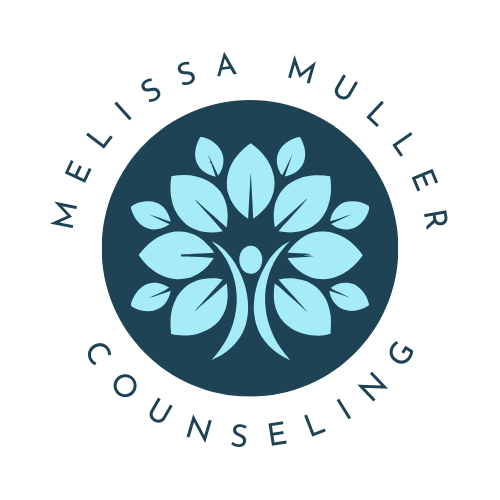Do you find yourself constantly worrying about the past, the future, or things beyond your control? Excessive worry, if left unchecked, can have a profound impact on your mental health, potentially leading to depression and anxiety disorders like Generalized Anxiety Disorder (GAD).
Vicki’s Story
Vicki worries about almost everything she hears. She worries her daughter is doing too much, she worries her son isn’t satisfied in his marriage, she worries her grandchildren are falling behind in school, she worries that she will be late when she goes somewhere, she worries that something is wrong with her car, she worries that plans won’t work out, etc. Basically, Vicki worries all day and all night. In the Covid-19-time Vicki is worrying about her family’s health, she is worried about her daughter needing to go the Dr., she is worried someone she knows will become ill. If a family member does not call for a few days she worries something has happened to him or her.
Vicki came to see me because she could not sleep due to worrying excessively. She worried so much she had difficulty focusing on anything she needed to do. I diagnosed her with Generalized Anxiety Disorder. Worrying about, “what if, what if, what if” can be Generalized Anxiety Disorder. I worked with Vicki to look at what she can control and what she cannot. We worked on some Cognitive Behavioral techniques, such as how to change her thoughts, and some relaxation skills (breathing, meditation, butterfly hug). I taught her to think about the percentage of chance of what she was worrying about happening. If it is a low probability, she is wasting her energy worrying about it. We worked on letting go of what she was worried about that may never happen. After a few sessions, Vicki reported great improvement and more positive energy freed up because of letting go of some of her worries.

It’s crucial to acknowledge that excessive worry about what’s happened or what might happen can deeply affect our mental well-being. By understanding the root causes of our worry and applying practical coping methods, as Vicki did, we can gradually ease our anxiety and depression. Remember, it’s about finding a balance, focusing on what we can control (ourselves), and letting go of what we can’t, paving the way for a more fulfilling life.
In Kindness,
MM

